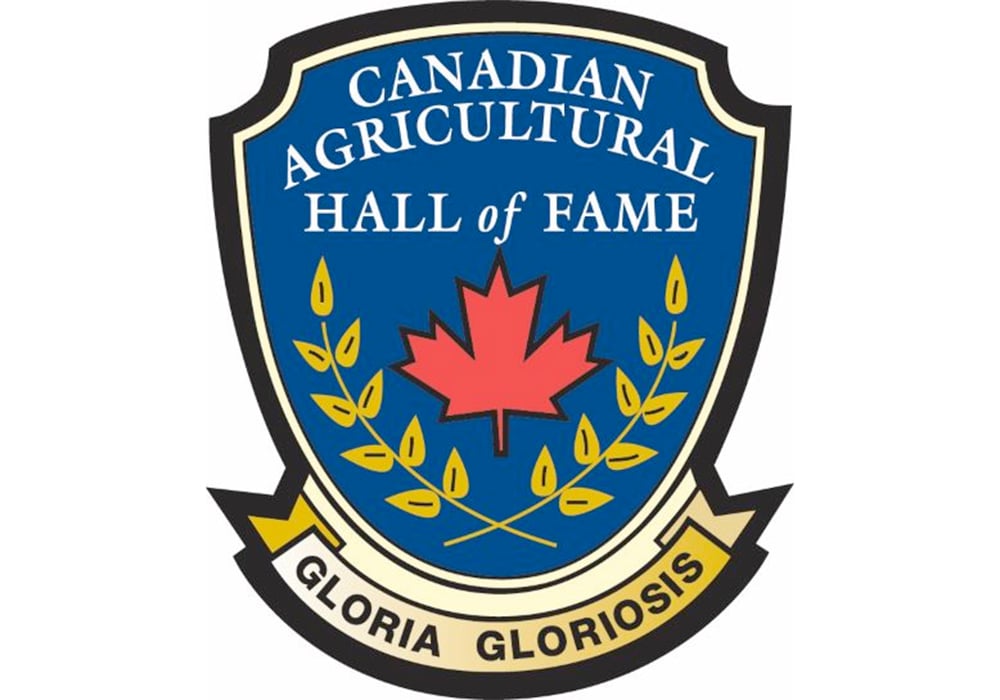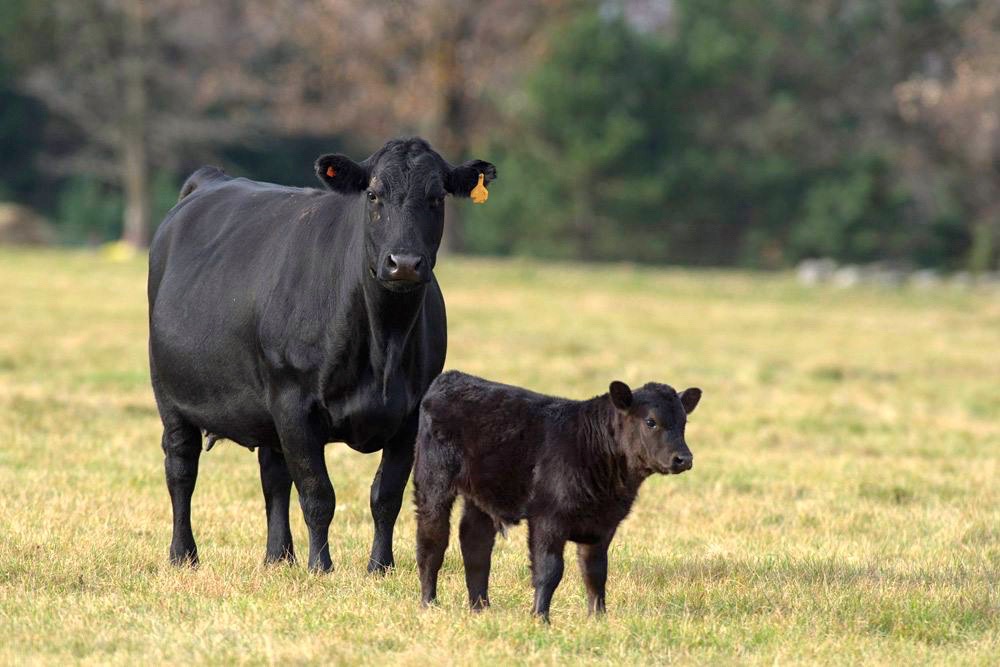Canadian Ag Hall of Fame announces 2024 inductees

Glacier FarmMedia—Bruce Coulman, Michael Eskin, Paul Larmer and Charles Vincent will be formally inducted on November 2 at a ceremony during the Royal Agricultural Winter Fair in Toronto.
“This year’s inductees have made tremendous and lasting contributions to their segment of Canada’s agricultural landscape, improving the opportunities for Canadian farmers, the larger agricultural industry as well as Canada’s place on the global stage,” Canadian Agricultural Hall of Fame Chair Phil Boyd said in a press release. “We are thrilled to honour their accomplishments in advancing cattle genetics, forage breeding, sustainable insect management and Canadian canola oil. As a key part of each of their professional careers, they have mentored future leaders – an equally vital contribution for the long-term sustainability of Canadian agriculture.”
Read Also


Funding to help make cattle data gathering easier
New funding for the Canadian Angus Association and Holstein Canada will allow them to improve the data that goes into genetic evaluations and expand into new areas including carcass quality and traits that help limit the environmental impact of beef.
Bruce Coulman is an award-winning forage crop researcher who developed 24 novel forage crop varieties throughout his 40+ year professional career. Coulman’s forage breeding work shaped the future for the profitable production of forage seed and forage crops for cattle feed as a researcher at McGill University and then at Agriculture and Agri-Food Canada’s Saskatoon Research Centre. Many of his forage varieties were industry firsts including bloat-reduced alfalfa, hybrid bromegrass and smooth-awned forage barley. Coulman lives in Saskatoon and was nominated by the Crop Development Centre at the University of Saskatchewan.
Michael Eskin is a trailblazing canola researcher whose work made groundbreaking contributions to the early development and refinement of canola oil. A distinguished professor at the Universi
ty of Manitoba, Eskin’s work helped transform the quality and stability of canola oil, expanding the market for this quintessential Canadian crop on an international scale. He also played a pivotal role in establishing canola oil as an important heart healthy addition to the Canadian diet, extending the benefits of this golden oil to include producers, the economy and consumers. Eskin lives in Winnipeg and was nominated by the University of Manitoba.
Paul Larmer has dedicated his professional life to improving cattle genetics and establishing Canada as a global leader. From his early days as a dairy cattle sire analyst, to overseeing the formation of the Semex Alliance and 17 years at the helm as CEO, Larmer’s lifetime leadership and vision have made a profound impact on the success of the Canadian farmer-owned companies in the global cattle breeding improvement industry. A mentor to many, Larmer seamlessly led Semex through a transition from a Canadian company exporting Canadian genetics to an international company providing global solutions in cattle genetics. Larmer lives in Guelph and was nominated by Semex.
Charles Vincent is an internationally respected leader in agricultural entomology. A research scientist with Agriculture and Agri-Food Canada, and accomplished science communicator, Vincent has spent 40 years studying insects of economic impact on Canadian food production, guided by a vision for developing sustainable agricultural systems that are commercially viable with the lowest environmental impact possible. His work, including the development of the first viral insecticide registered for use in Canada, provides practical tools that have considerably reduced the quantity of insecticides used in commercial production, including apples, grapes and blueberries. Vincent lives in Saint-Lambert, Quebec, and was nominated by Co-Lab R&D division d’Ag-Cord inc.
The Canadian Agricultural Hall of Fame Association (CAHFA) honours and celebrates Canadians for outstanding contributions to the agriculture and food industry. Portraits are on display in the Canadian Agricultural Hall of Fame Gallery located at the Royal Agricultural Winter Fair. The CAHFA also publicizes the importance of inductee achievements to Canada. The Association was organized in 1960 and is administered by a 12-person volunteer Board of Directors residing in regions across Canada.
Source: Farmtario.com

